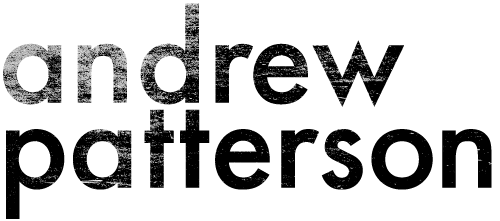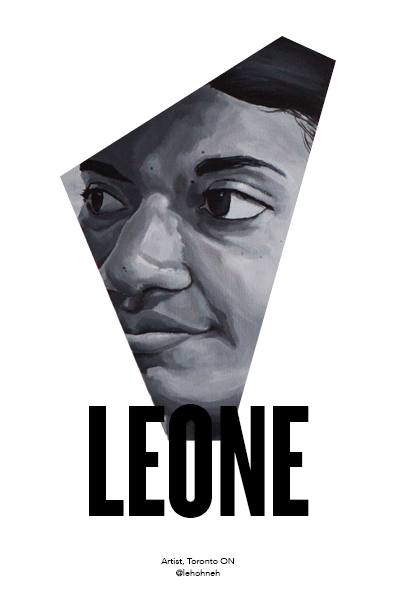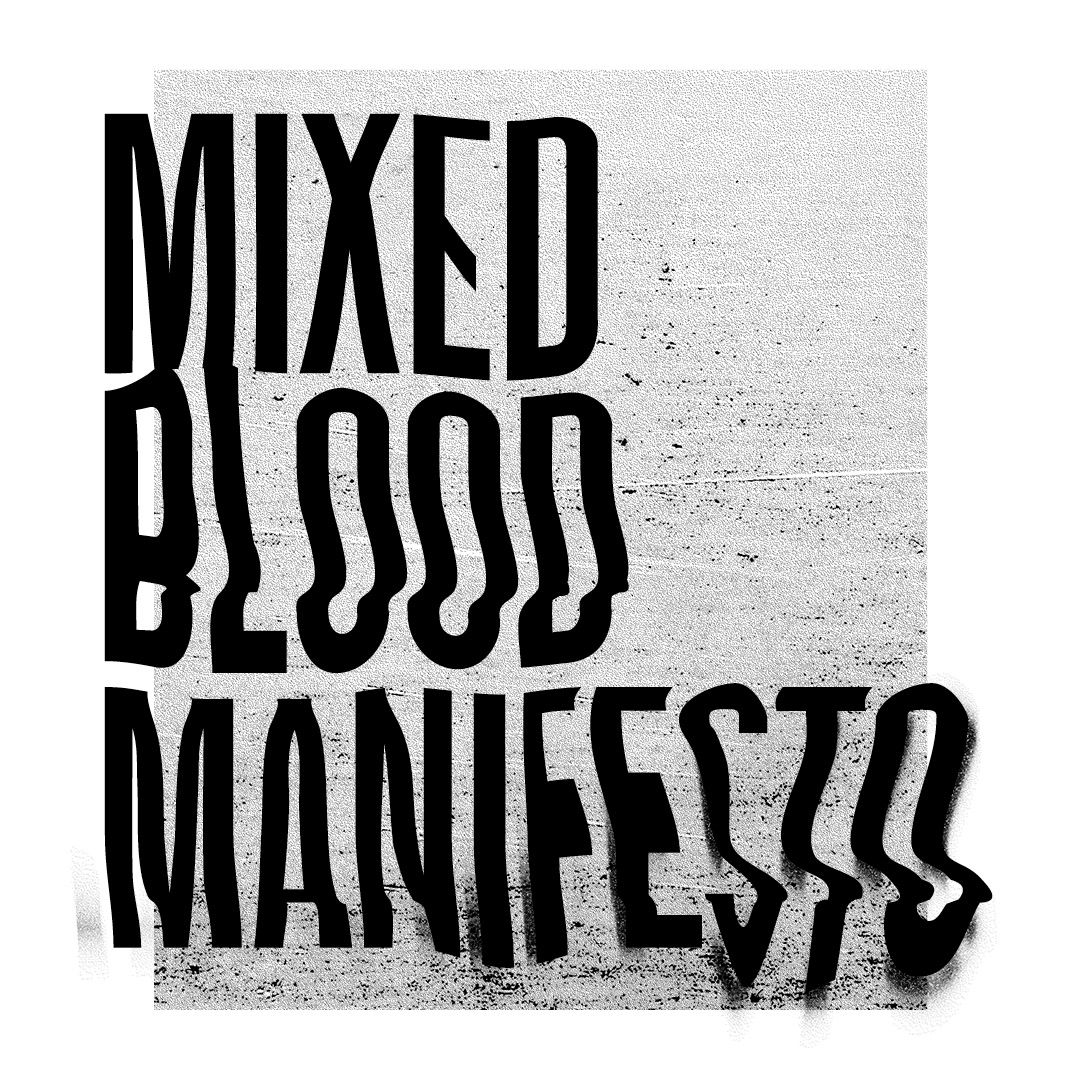A brief discussion with Lucas DeClavasio from my upcoming zine Mixed Blood Manifesto.
Andrew: Cooool Cool Cool – let’s go! Ok; in our past chats you’ve mentioned you don’t really feel a strong connection to either your Chinese or Italian heritage. When you think about your ‘identity’, how would you describe it?
Lucas: I feel like it’s more action-based. What I say and do, decisions I make, these things do more to form my identity.
A: Right, that makes sense. Does that inform how you usually respond to the classic “what’s your background” question?
Lucas: People always want you to try to distill it into an ethnic group they can categorize, but my first response is usually Canadian haha – I used to say Canadian, but yeah, it’s always followed by “but what’s your background?”
So I know what they want, I just give it to them right away now, Chinese – Italian.
It’s not super important to me how someone else categorizes me.
A: Yeah. I hear you. I remember you mentioning that, being part Chinese, you of course faced discrimination and racism in school – but that you don’t recall it bothering you. I also feel that generally, when that crops up in your adult life it doesn’t register too high. Do you think this has something to do with being mixed race? Or you know, by extension I guess not feeling as defined by which box people place you in?
Lucas: I always dealt with subtle racism in school, and it was always about being Chinese, never Italian.
Yeah, I’m sure it comes up in adult life more often than I realize. I do consider myself fortunate to live in a diverse community in Toronto.
I wouldn’t say being mixed-race blocks racism or anything, but it could have contributed to my lack of ethnic identity, which may be why I don’t notice racism directed at me quite as much. That combined with my general indifference about someone’s categorization of me probably contributes to my oblivious nature.
I feel bad saying that because of recent movements to stand up and speak out against racism. I like to think that I would if I ever noticed it.
A: Yeah of course! As someone who knows you personally I wouldn’t worry too much on that front. I mean, we obviously share some perspectives on this topic, but I wouldn’t categorize it as obliviousness necessarily. For instance, I think it’s very natural for us in our business to be drawn to people for their character and values, rather than being worried about checking boxes. Our company, though small, has always been pretty balanced along lines of gender and race. That’s not a boast or a dusting of the hands – we can of course always do better and ensure we don’t lose sight of these things.
At the same time, something i’ve discussed a bit with others in this series is this idea of ‘colourism’ and racial monoliths. The focus being that for example, I’m always considered ‘black’ until it suits a movement or individual for me to be ‘not black enough’. Or the sometimes unintentional (or intentional) exclusivity people ascribe to suffering, activism, or progressive movements.
For me, it’s a weird sort of dissonance between how I feel about equality in my head, and how I see people fighting for it on the ground. I imagine the rising ‘stop asian hate’ movement may potentially have a similar effect for you…
Lucas: The ‘stop Asian-hate’ movement registers with me in the same way as BLM. All people deserve to be treated equally. When I read news stories about racism directed towards Asians, I don’t really make a personal connection. Maybe I should, it’s just not ingrained in me to feel part of a community based on race.
It obviously saddens me to see this giant step backwards. I don’t want it to come across as I don’t care or I’m unaffected by Asian-hate, it just impacts me as much as when I observe any other form of racism directed towards anyone.




